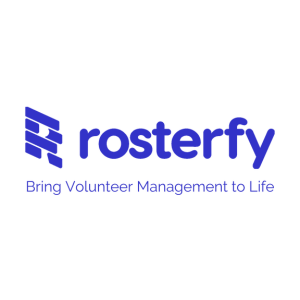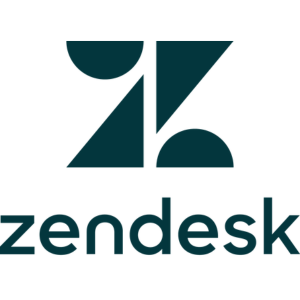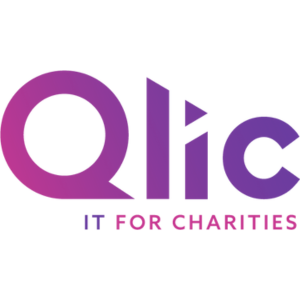Insights
INSIGHTS
All Topics
The recruitment challenge: what are your options?
09 Dec 2022by Mary Wessel
You have viewed all of your 1 articles as an unregistered user
To continue reading this article please register.
For unlimited access to our free content, please register.
Mary Wessel
More on this topic
23 Apr 2025by Laura Stanley
What does customer experience mean for charities in 2025?
22 Apr 2025by Laura Stanley
Charity Spotlight: How Yellow Boat of Hope Foundation transformed services with digital
03 Apr 2025by Laura Stanley
Charity Digital Exchange: Enhancing communication and productivity with Slack Messaging Platform
Related Content
Recommended Products
23 Apr 2025by Laura Stanley
What does customer experience mean for charities in 2025?Sponsored Article
03 Apr 2025by Laura Stanley
Charity Digital Exchange: Enhancing communication and productivity with Slack Messaging PlatformSponsored Article
Our Events
Charity Digital Academy
Our courses aim, in just three hours, to enhance soft skills and hard skills, boost your knowledge of finance and artificial intelligence, and supercharge your digital capabilities. Check out some of the incredible options by clicking here.




















